For those that are scratching their heads at the meaning of the title "Hachiroku Matsuri," we'll start with a brief introduction. The Toyota AE86 was an affordable rear-drive sports car released in 1983. Known as Corollas in the U.S., in Japan they were referred to by their chassis code 86, or Hachiroku — hachi for eight and roku for six in Japanese.
Remember the Classics
The U.S. offered hatchback and coupe versions, but both were only equipped with retractable headlights, whereas Japan had both retractable and fixed headlight options. The hatchback version with retractable headlights is the better known configuration and is called Sprinter Trueno — Sprinter for "hatchback" and Trueno for "retractable headlights." It was popularized in the animation and manga Initial D; in fact, just about every AE86 event will have a replica of the famous tofu delivery vehicle.
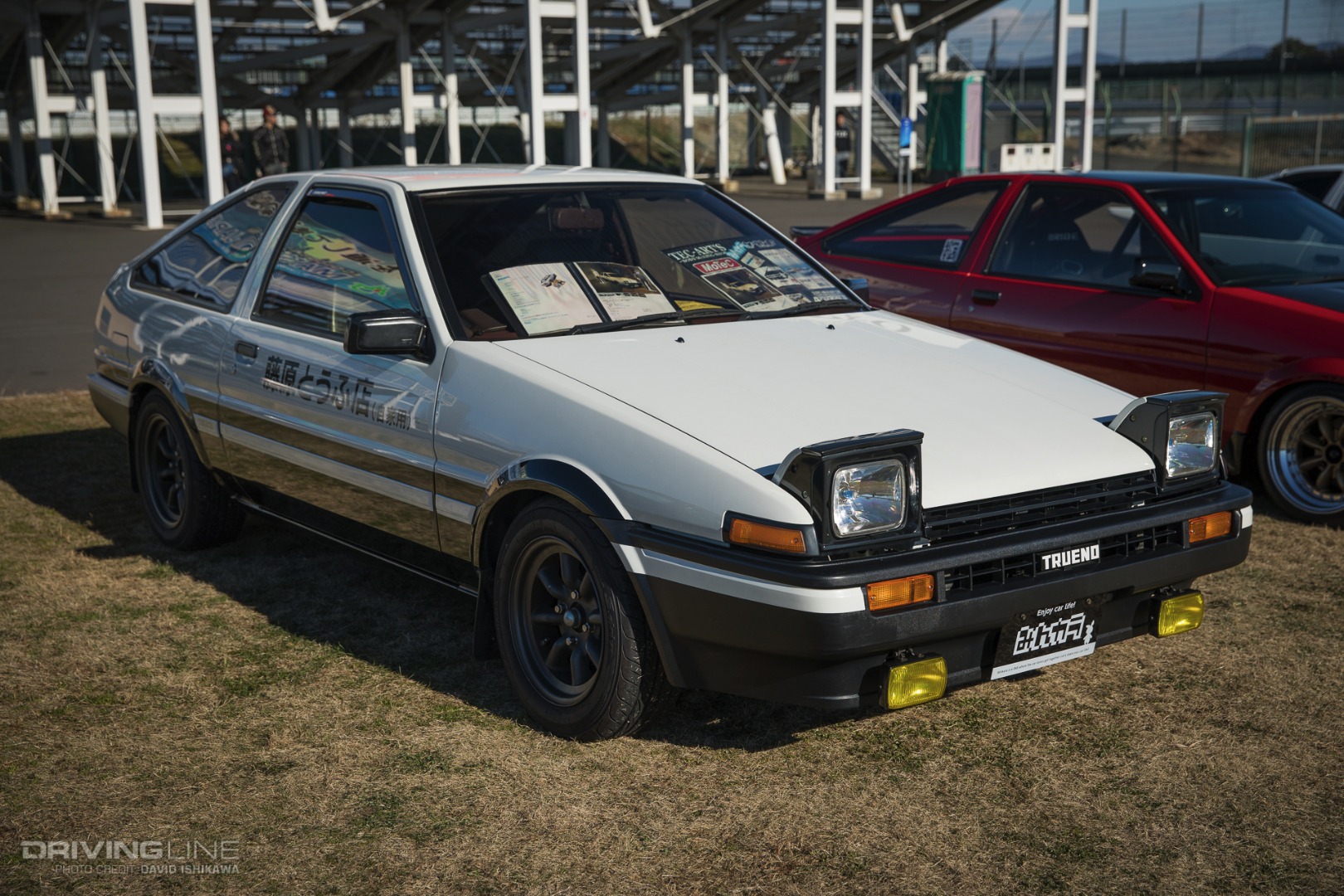
The other popular configuration was a coupe with fixed headlights called the Corolla Levin — Corolla for "coupe" and Levin for "fixed headlights." There are also versions that incorporated the hatchback with fixed headlights and like in the U.S., a coupe with retractable headlights.
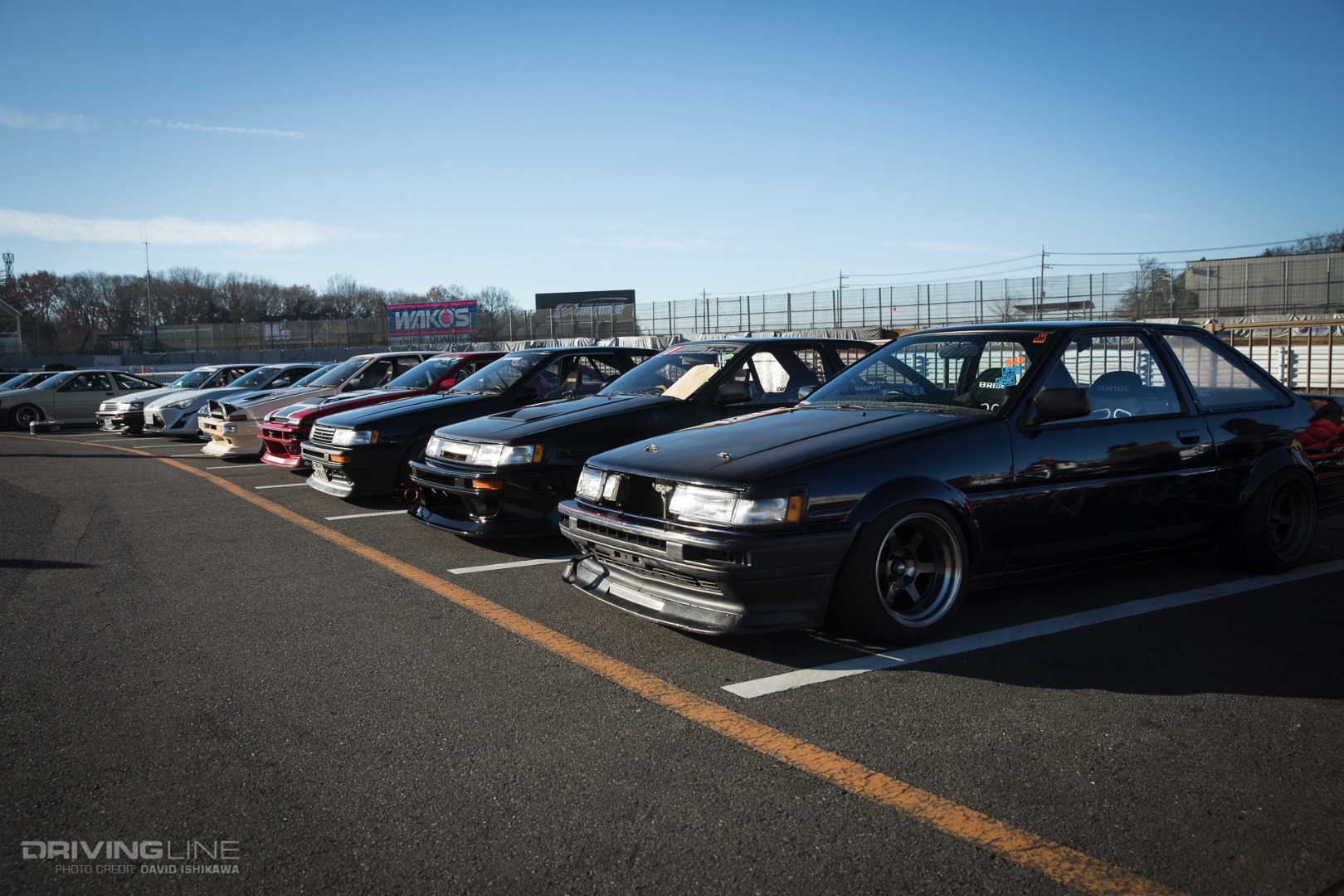
The AE86 was discontinued in 1987 and was replaced with a front-wheel drive version both in the U.S. and Japan. Although the name Corolla continued in both countries, the cars began to diverge greatly with the U.S. version becoming the No. 1 selling model in the world.
New School Cool
Fast forward to 2007, and the internet was abuzz with images of the FT-HS and the news that it was rear-wheel drive. The dreams of a new lightweight, affordable, rear-wheel drive car were looking more like a real possibility. Fans had to wait until 2011 to see the FT-86 concept; although not as radical of a design as the initial FT-HS concept, the name meant it should be considered a direct descendent of the classic AE86.
In North America, the FT-86 is sold as both the Scion FR-S and Subaru BRZ. This is a result of Toyota's stake in Subaru's parent company, Fuji Heavy Industries, and the partnership that was made between the two companies. Simply put, Toyota designed the car while Subaru provided the chassis, engine, gearbox and production. The new 86 was an instant hit.
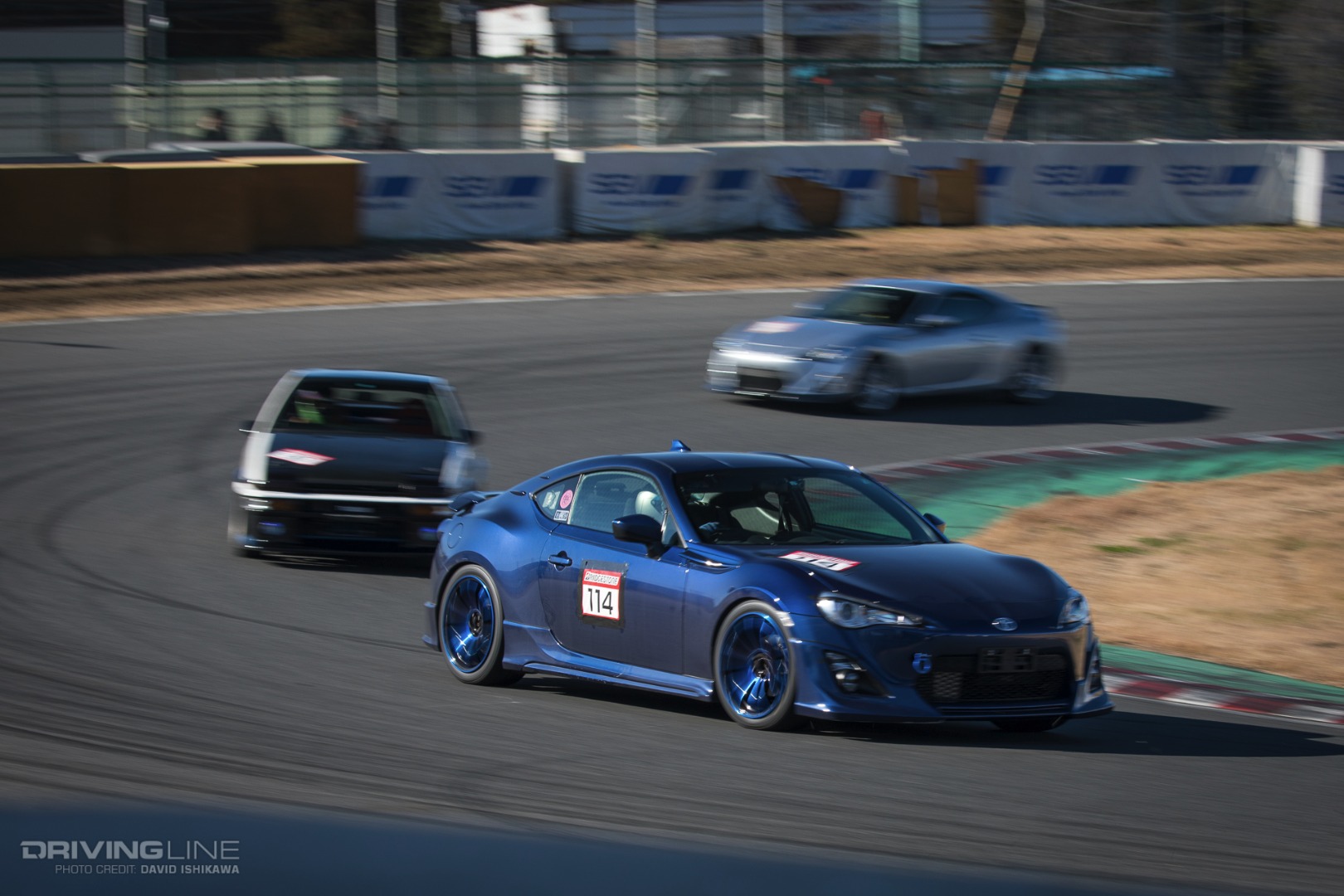
Celebrating the 86
Located north of Tokyo, there is a legendary circuit within the time-attack community. The Tsukuba Circuit 2000 is a little over 2 kilometers (1.24 miles) long, consisting of 12 turns, with its longest straight being 437 meters (0.272 miles) long. The track record for an automobile is held by the M-Speed R34 Nissan Skyline GT-R, which clocked in a blistering 55.23 seconds.
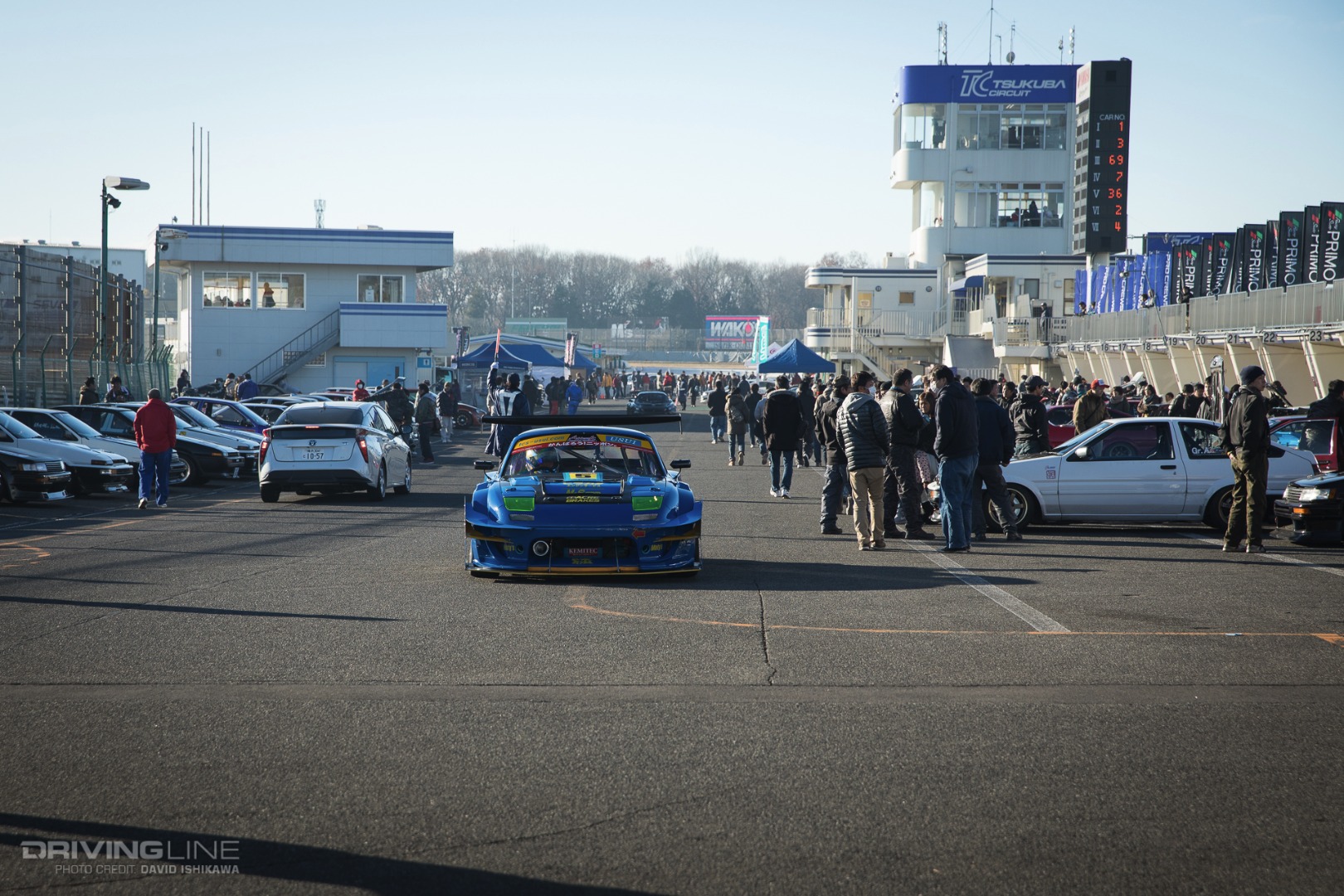
Tsukuba is also a featured circuit for D1GP, Japan's professional drifting series. There are also plenty of club events held at Tsukuba, making it a perfect location to host the Hachiroku Matsuri. Matsuri is the Japanese word for "festival," and with over 150 86s in attendance ranging from grip to drift to show, it was definitely that.
The event makes all of the cars and drivers very accessible to fans. Walking through the paddock gives a preview of what was in store, but it still was not enough to prepare me for the awesomeness that I would witness throughout the day. Watching N2 and the engineering going into those classed cars was great; the sound was even better.
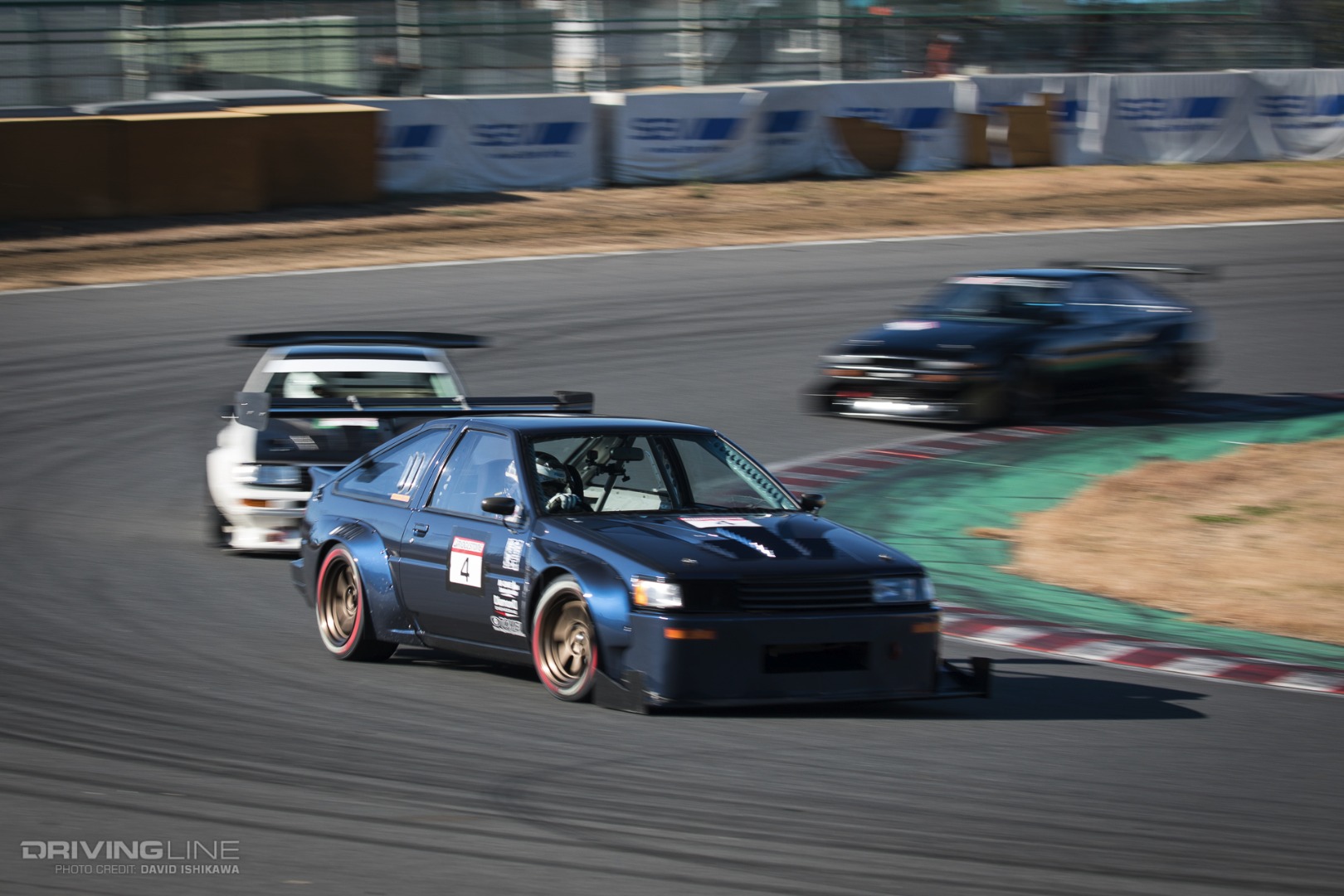
The "one-make races" were a lot of fun as swarms of AE86s made their way around the circuit sounding like angry hornets. That was in stark contrast to the 86/BRZ Circuit Challenge, whose participants were running for the most part stock engines with only suspension modifications; the lack of volume was like the day was put on mute.
During those sessions, spectators were inspecting the cars in the paddock and the car show area. There were some really clean AE86s, but I was bit surprised at the lack of new 86s participating in the show. One standout was an all original Corolla GT-S from America. The owner stated it was brought over by his grandfather who had served in the military.

There was one session that seemed to bring all the attendants to the stands. The AE86 is a legend within the drifting community, so when there is a free run drift session featuring club names such as Running Free and Rough World, you don't miss it. Watching them drift through turns one through six was spectacular. Three-wide drift, no problem!
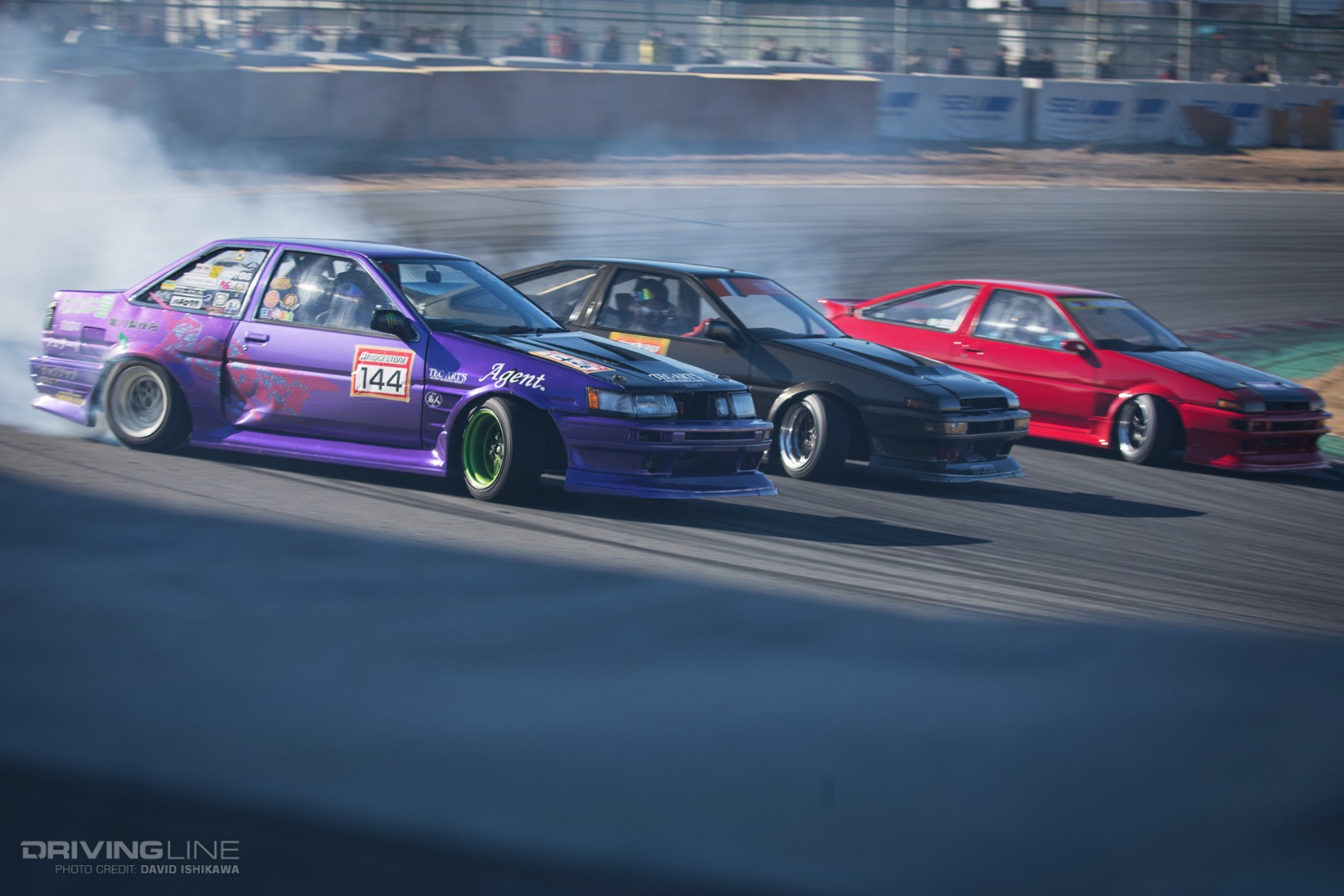
Overall, it was a great day with great people; meeting legends in the 86 community was especially very welcoming. If you are a diehard AE86 fan or find yourself in Tokyo in December, make sure to dress warmly and head to Hachiroku Matsuri at the Tsukuba Circuit. You won't be disappointed — I promise.